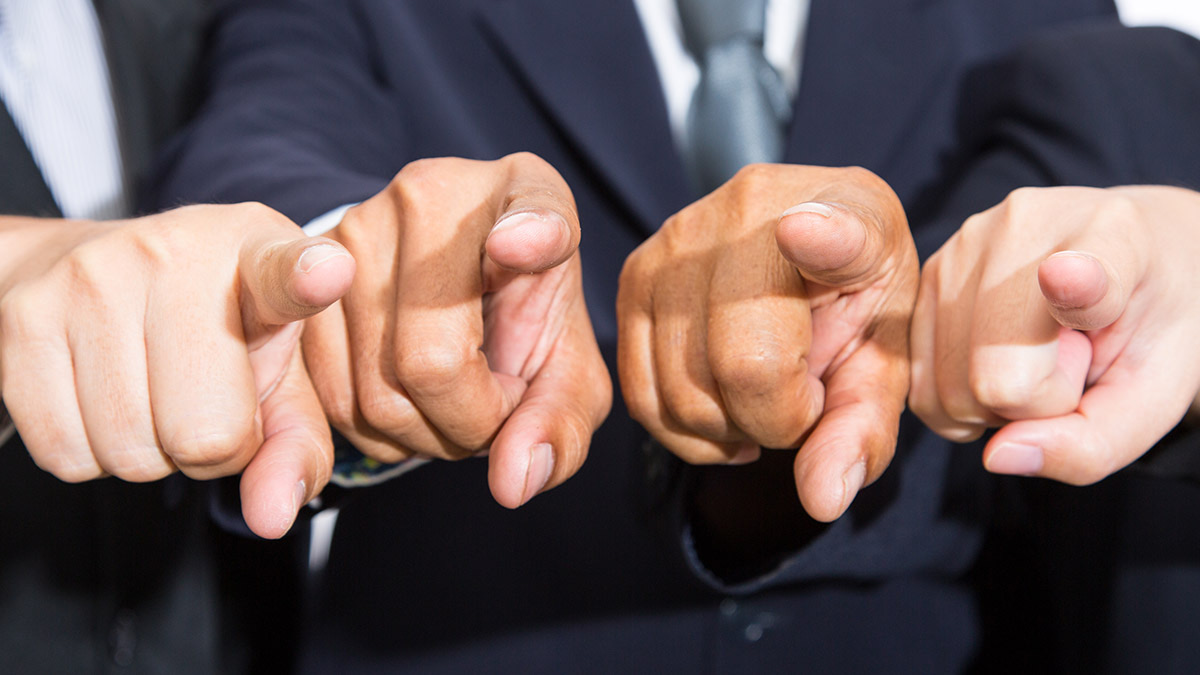Did you know that forced diversity training actually make things worse?
Analysis of data from 829 organizations over three decades shows that forcing employees to attend diversity training actually decreases the proportion of women and minorities in management1. Decreases. Let that sink in.
In the middle of a pandemic and during a racial reckoning, social media outlets, the news media, and political groups are all vying to be the head conductor on the Shame train. As a country built on our right to individuality, we are socialized to attach labels to people and black and white thinking is the easiest way for our minds to organize categories. You are either good or bad. You are either for me or against me. I either like or dislike you.
And when you are labeled as bad, recognized as being against me, and I realize I dislike you, I feel empowered to shame you. Because when I show you the err of your misguided ways, I will persuade you to come over to my side, the good side.
Unfortunately, people don’t enjoy being scolded. When criticized, people’s defenses instantly activate. They deny or minimize. And they take their biases with them as they retreat. Not only has a conversion to the good side not occurred, but the grip on their attacked behaviors and beliefs becomes stronger.
As I observe the current quest to expose individuals in public forums, the hate that is slung back and forth in the interviews and endless comment sections makes me wonder if all this effort being invested in shaming is just ensuring that we get more of the same. Or its actually making things worse. Remember 30 years of diversity training?
One of the main culprits cited after reviewing those 829 organizations was the prevailing use of negative messages embedded in those trainings. The use of shame did not foster openness. Trust retreated. The curtains were drawn and long held beliefs were held even tighter.
I propose that we reject leading with the negative and unburden ourselves from being on Shame patrol. Instead I am intentionally practicing Love.
“Never forget that justice is what love looks like in public.”
– Cornel West
Practice. I am practicing every day because I am not perfect. I am also shocked, saddened, impatient for change, and consistently evaluating how to use my voice. And sometimes I fall into the shame game.
But because I don’t want more of the same, I am practicing holding myself and others accountable in the open – with love – with space for unlearning and reframing to unfold.
To reject injustice, I am embracing love out loud. And there’s no shame in that.
Source: 1Dobbin, F., & Kalev, A. (2016). Why diversity programs fail.


